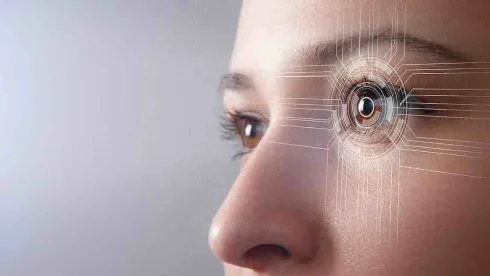On September 17, 2021, a panel of the Illinois Appellate Court for the First District issued a significant decision on the question of which statute of limitations apply to claims under the Illinois Biometric Information Privacy Act (BIPA), 740 ILCS 14/15.
IN DEPTH
In Tims v. Black Horse Carriers, Inc., No. 1-20-0563, 2021 IL. App. (1st) 200563 (Sept. 17, 2021), the three-judge panel ruled that BIPA claims brought under sections 15(a), (b), and (e) of the statute—which are claims requiring companies to have publicly available policy, obtain informed consent and safeguard data—are subject to a five-year limitations period. BIPA claims brought under sections 15(c) and (d) of the statute, which are claims that prohibit profiting from or disclosure of biometric data, are subject to a one-year limitations period.
Under the Illinois Code of Civil Procedure, section 13-201 establishes a one-year statute of limitations for “[a]ctions for slander, libel or for publication of matter violating the right of privacy,” 735 ILCS 5/13-201. Section 13-205 establishes a five-year statute of limitations for “all civil actions not otherwise provided for,” 735 ILCS 5/13-205. Plaintiff Tims argued that the default limitation period of section 13-205 should apply, while Defendant Black Horse Carriers, Inc. argued that because BIPA concerns privacy, the shorter limitations period for privacy actions under 13-201 should apply.
In reaching its decision that different limitations periods apply to different BIPA claims, the panel concluded “that section 13-201 does not encompass all privacy actions but only those where publication is an element or inherent part of the action.” An entity could violate BIPA section 15(a) by failing to develop a written policy establishing a retention schedule and destruction guidelines, section 15(b) by collecting biometric data without written notice and release or 15(e) by not taking reasonable care in protecting biometric data. Because the duties imposed under sections 15(a), (b) and (e) do not have an element of publication or dissemination, the five-year catchall limitations period under section 13-205 applies. This holding by the panel could also have ramifications beyond BIPA given that foreclosure of the notion that Section 13-201 is the default for all types of privacy claims.
On the other hand, an entity could violate BIPA section either 15(c) by selling or trading biometric data or section 15(d) by disclosing or disseminating biometric data without consent. The panel reasoned that since “publication or disclosure of biometric data is clearly an element” under sections 15(c) and (d), the one-year limitations period for violating the right of privacy under 13-201 applies.
The panel noted that applying different limitations periods for different BIPA violations is appropriate because each duty under BIPA is “separate and distinct.” The panel further reasoned that under BIPA section 20, “[a] private entity could violate one of the duties while adhering to the others,” and a plaintiff that “proves violation of multiple duties could collect multiple recoveries of liquidated damages.” See 740 ILCS 14/20.
In practice, Tims could result in some more narrow class definitions and more subclasses being proposed. However, this opinion is unlikely to stem the tsunami of BIPA cases that have inundated the state and federal courts of Illinois.
Although the Tims decision answers the statute of limitations question, several other issues relevant to BIPA litigation are currently pending in state and federal Illinois appellate courts. For example, the issue of when a claim accrues under the BIPA is currently before the US Court of Appeals for the 7th Circuit. And in McDonald v. Symphony Bronzeville, the Illinois Supreme Court will decide whether the Illinois Workers’ Compensation Act pre-empts BIPA claims arising in the employment context. Last, but not least, the Illinois Appellate Court for the Third District is also considering the question of whether a one-year, two-year or five-year statute of limitations applies to claims under the BIPA. The Marion appeal is stayed pending the Illinois Supreme Court’s decision in McDonald, and it quite likely will be influenced by the Tims decision. If the Third District were to reach a different conclusion on the question of the limitations period applicable to BIPA, that split would inevitably lead to the issue going before the Illinois Supreme Court.
In short, while Tims may be a road marker in the statute of limitations battle over BIPA, it may not be the end of the road.




 />i
/>i

